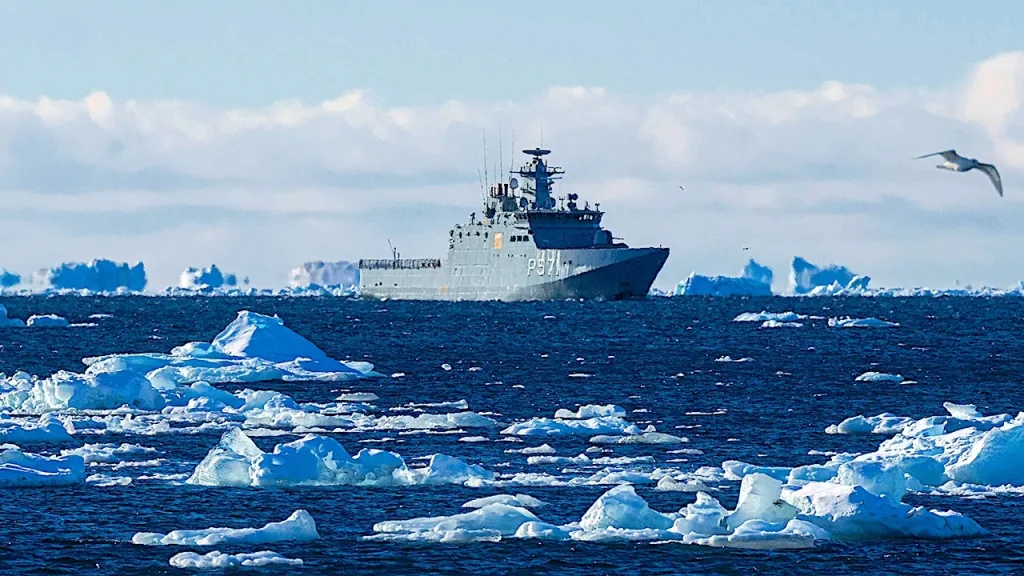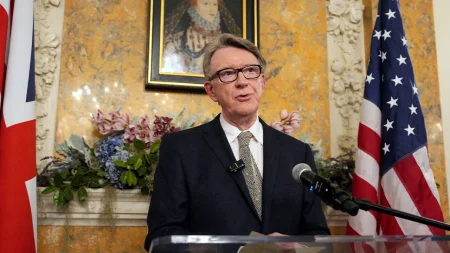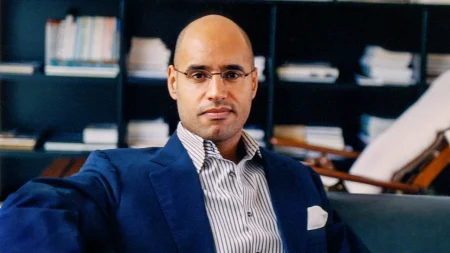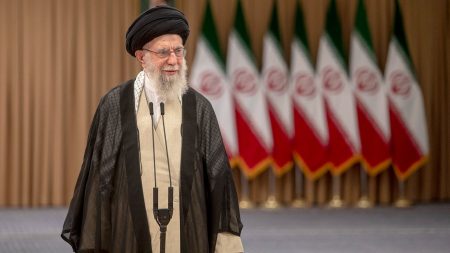Canada Opens Consulate in Greenland Amid Arctic Strategic Interests
Canada’s recent decision to open a consulate in Nuuk, Greenland’s capital, marks a significant expansion of its Arctic diplomatic presence at a time of increasing geopolitical interest in the region. Foreign Affairs Minister Anita Anand described the move as “unprecedented in terms of expanding our Arctic footprint,” positioning Canada to play its “part as a significant Arctic country in a time where the geopolitical environment is volatile.” This development comes against the backdrop of renewed attention to the Arctic, including previous comments by former President Donald Trump about potentially acquiring Greenland as America’s 51st state. The new Canadian diplomatic mission will share a building with Iceland and focus substantially on Arctic security issues.
The timing of this diplomatic expansion follows several high-profile international engagements concerning the Arctic region. Earlier this year, during a visit to Greenland, French President Emmanuel Macron made pointed remarks that the island “is not to be sold, not to be taken,” in what was widely interpreted as a reference to Trump’s previous interest in purchasing Greenland. Though Macron didn’t mention Trump by name, he suggested that European lands shouldn’t be treated as strategic acquisitions. Meanwhile, Canada’s foreign minister recently hosted G7 counterparts, including U.S. Secretary of State Marco Rubio, where Arctic security featured prominently in discussions. While Minister Anand’s initial trip to open the consulate was postponed due to poor weather conditions, she is expected to reschedule the visit soon.
Security experts emphasize that Canada’s new consulate shouldn’t be viewed as confrontational toward the United States, despite recent trade tensions between the two nations. Alex Dalziel, a senior fellow at the Macdonald-Laurier Institute who specializes in Arctic security, told Fox News Digital that this diplomatic initiative represents “Canada taking the North American Arctic more seriously and getting some of the political and diplomatic pieces in place.” Rather than antagonizing the U.S., Dalziel suggests that “anything Canada does in the Arctic to strengthen its security has the knock-on effect of strengthening U.S. security.” This perspective highlights the shared North American security interests in the Arctic region, even as both nations navigate occasional disagreements on specific issues like trade.
The opening of the Nuuk consulate reflects Canada’s commitment to its recently unveiled Arctic foreign policy, which also includes plans for a diplomatic mission in Anchorage, Alaska. The United States has maintained a consulate in Nuuk since 2020, following a historical presence that began in 1940 after Nazi Germany occupied Denmark, Greenland’s sovereign power. Canada may enjoy certain advantages in developing relationships with Greenland, particularly due to cultural connections between the indigenous Inuit populations that inhabit both Greenland and Canada’s northern territory of Nunavut. These connections could prove valuable as Canada pursues economic interests in the region, potentially giving it a unique position compared to other nations seeking to expand their Arctic influence.
Territorial boundaries remain an important aspect of Arctic diplomacy, with Canada’s Arctic policy addressing several outstanding issues. These include implementing a boundary agreement with Denmark regarding Hans Island (also known as Tartupaluk in Greenlandic), a small uninhabited island between Greenland and Canada’s Nunavut territory. Additionally, the policy commits to beginning boundary negotiations with the United States concerning the Beaufort Sea, which lies north of Alaska and two Canadian northern territories. This sea has been the subject of overlapping claims between Canada and the United States for decades. While some progress was made during the Biden administration to advance discussions on this matter, Dalziel suggests that further progress seems unlikely in the current political climate.
The situation in the Arctic exemplifies how nations can maintain diplomatic relations while managing long-standing disagreements over territory. Canada and the United States have successfully coexisted despite their differing perspectives on issues like the status of the Northwest Passage—which Canada claims as an internal historic waterway while the United States considers it an international strait—and their overlapping claims in the Beaufort Sea. The Arctic region is increasingly becoming a focal point for international attention, with climate change opening new shipping routes and increasing access to previously inaccessible natural resources. As this transformation continues, diplomatic initiatives like Canada’s new consulate in Greenland will likely play an important role in shaping the future of Arctic governance, security, and economic development among the countries that share this rapidly changing region.













